It was cheering in its way to hear, from the lips of that shrewd urbane man Tony Burke, that 246 million more dollars are to be spent on the arts. Some people will recall that in Shane Maloney’s detective story The Brush Off his hero Murray Whelan – who is by way of being a political advisor is asked by his employer, a politician called Agnelli, ‘Whelan what are the arts?’ Well, Tony Burke is not open to this charge of ignorance. He has been in his day – it’s an ipse dixit descriptive – a great reader of poetry and he is, he says, a great believer in artistic activity as a value in itself not just as a means of gilding the political lily.
Well, Tony Burke, the high and mighty Leader of the House has been known on occasion to defend everything from trinitarian theology (the Catholic angle) to the government’s re-ordering of the work place problem. Nor is it a matter of anything as simple as good intentions. One of his Liberal predecessors George Brandis caused an audible stir of appreciation in a speech he gave at Raheen – the Pratt-owned mansion which was where Daniel Mannix had once ruled the Catholic archdiocese of Melbourne for decade upon decade, the site too of the Split that kept Labor out of office for a generation. Brandis made it clear that he did not believe in extrinsic justification for the arts yet this belief, vehemently held, did not allow him to preserve even Maria Vandamme’s laudable classical music label, Melba. Tony Burke is nothing if not shrewd whatever the sincerity of his beliefs. The Australia Council still maintains a version of its old title and Adrian Collete remains the chief executive and it was interesting to hear Michael Lynch (the great administrative innovator with Hilary McPhee) hailed as ‘royalty’. The recipients are liable to say that the Coalition is better for organisations while Labor is better for individuals who need grants. Remember Malcolm Fraser said he was going to keep the Opera and the Ballet under his personal prime ministerial care for fear the Australia Council might endanger them. But grants to individuals and to companies are both essential.
It was interesting to talk to the head of the Australia Ballet David Hallberg about these matters. At one point when someone made a joke about a famous set of donors he made such an effort not to smile that something in his whole manner relaxed. He emphasised, though, that it was strange to go from being everybody’s friend – as a dancer recovering from an injury in the time of lockdown – to becoming everybody’s boss with the power and perhaps the aloofness this involved. Still, he rides his bike to work every morning and laughs about his Abbotsford coffee shop that’s open, he says, too early. While he makes no habit of losing his temper – and he will weep with praise for his troupe – he is a man of exactitude, of lofty standards. He doesn’t want to be caught in any net. If you ask him if the Autsrlian Ballet is one of the world’s great ballet companies he will say yes and no, emphasising how Covid cut so much down but also how it allowed such an enrichment in training. Auden’s poetry sits behind his desk along with Nick Cave. He is at pains to say that Melbourne is not a station on his way: he may not be here for good but he is committed for a proper stint.
It’s interesting that when Jonathan Lo, the musical director of the Australian Ballet talks about Hallberg he uses the idiom of popular culture. He describes Hallberg as the Michael Jackson of classical dance. And that’s a paradox any Arts minister must deal with. You certainly get the strongest sense with Hallberg of someone who will turn any setback into an opportunity. How can the Ballet do Jewels by Balanchine when the rights are still with some old guy in America? Well, Hallberg enlists the old guy so that he becomes a collaborator not an impediment. The memory of the early Auden lingers in the air. Suppose all the lions get up and go, / And all the brooks and soldiers run away; / Will Time say nothing but I told you so? / If I could tell you I would let you know.
You know listening to David Hallberg that he is a lord of the dance and that he knows very precisely how to pivot between the yes of self-possession and the no of vainglory. You know too that he burns in his quiet way to encompass every far out instance of acrobatic modern dance of the Kunstkamer variety, ever abstract shade and shimmer of Jewels, every sumptuous glide and soar of thar deepest and most lavish of favourites, Swan Lake. He will tell you just precisely how much you want to know and how much he can tell you.
It’s a quality of understatement and authority that comes only, one suspects, with a national company. Robyn Nevin who took the Sydney Theatre Company to the point where it could seem to double as one with guest directors like Michael Blakemore and Liv Ullman is a believer in the whole shebang: a national theatre company, a notion which went back to the immediate post-war period when Ben Chifley of all people commissioned Tyrone Guthrie to write a report on the case for a national theatre. It didn’t happen and we were left with just the Ballet and the Opera instead. But there’s a peculiar authority that comes with the national insignia. It’s that quality that led Lyndon Terracini to get Julie Andrews to direct a 60th anniversary production of My Fair Lady. Her Eliza, Anna O’Byrne, says Julie Andrews taught her everything about how to use the words when she sang them. Becoming Eliza is on at the Geelong Arts Centre on 22 November. You do not get endeavours like this – Alex Jennings’ Henry Higgins in Sydney captivated audiences – without a national company. Nor do you get Jonas Kaufmann doing Wagner’s Lohengrin in a production which however post-modern it might have been in its thematic inscriptions was vocally and musically stupendous.
Got something to add? Join the discussion and comment below.
Get 10 issues for just $10
Subscribe to The Spectator Australia today for the next 10 magazine issues, plus full online access, for just $10.
You might disagree with half of it, but you’ll enjoy reading all of it. Try your first month for free, then just $2 a week for the remainder of your first year.

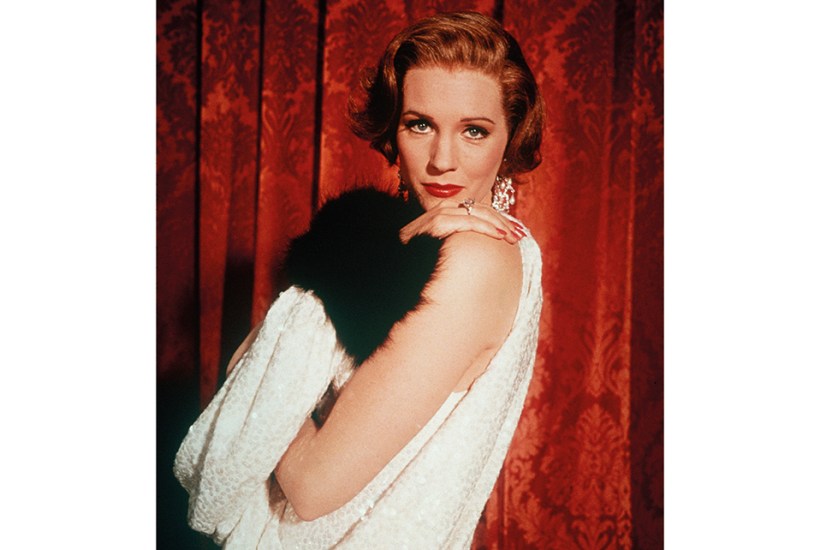
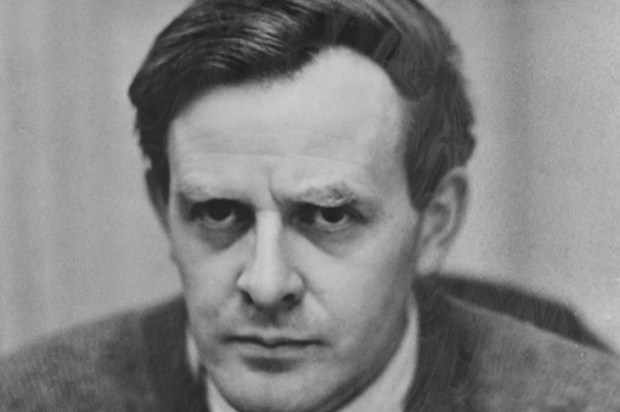
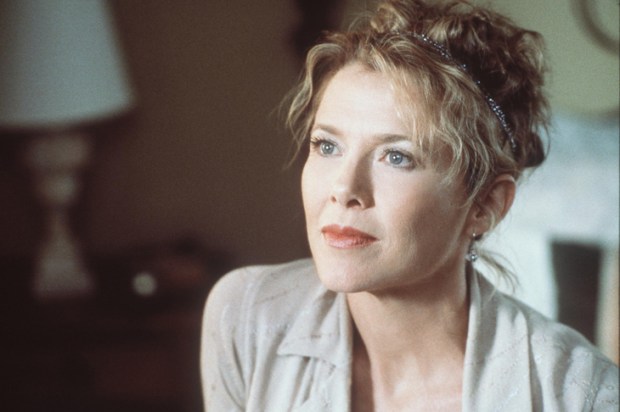
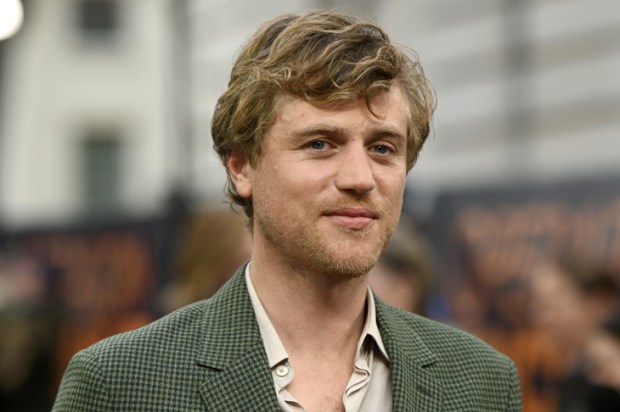
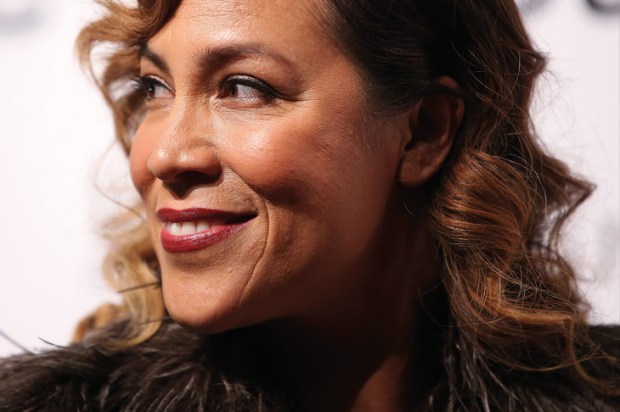
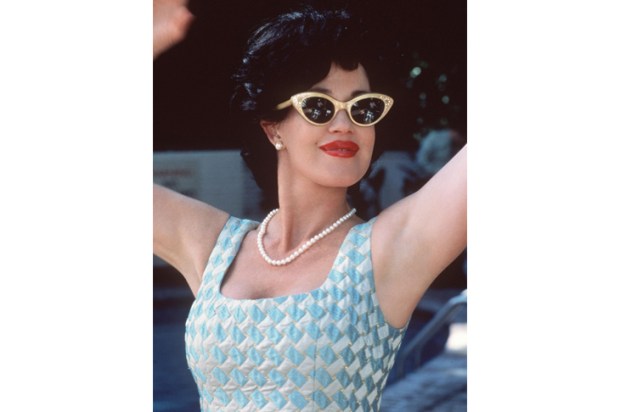
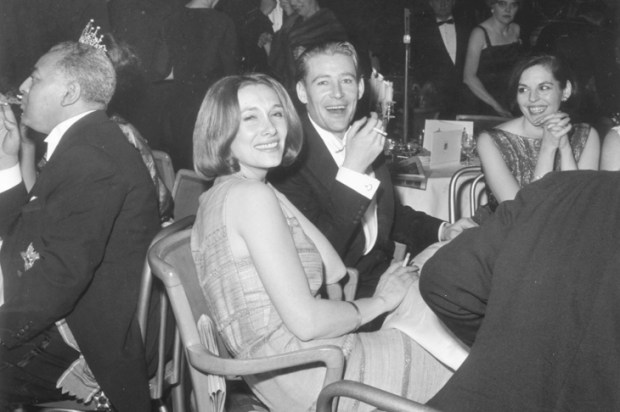






Comments
Don't miss out
Join the conversation with other Spectator Australia readers. Subscribe to leave a comment.
SUBSCRIBEAlready a subscriber? Log in